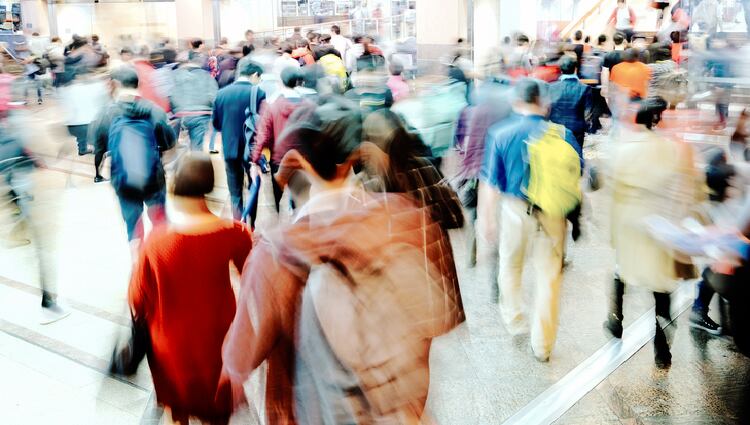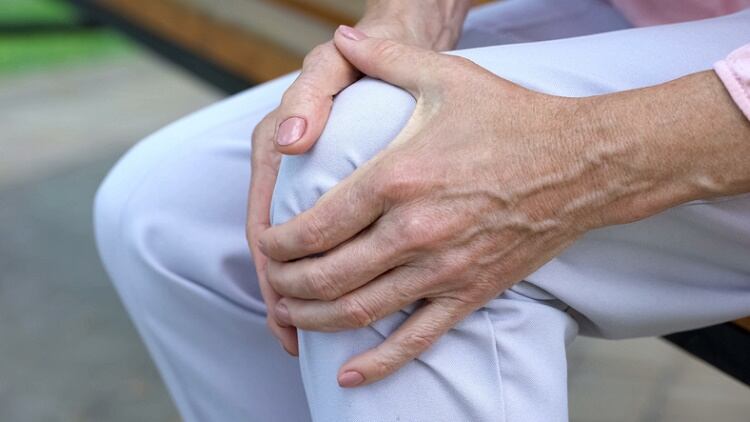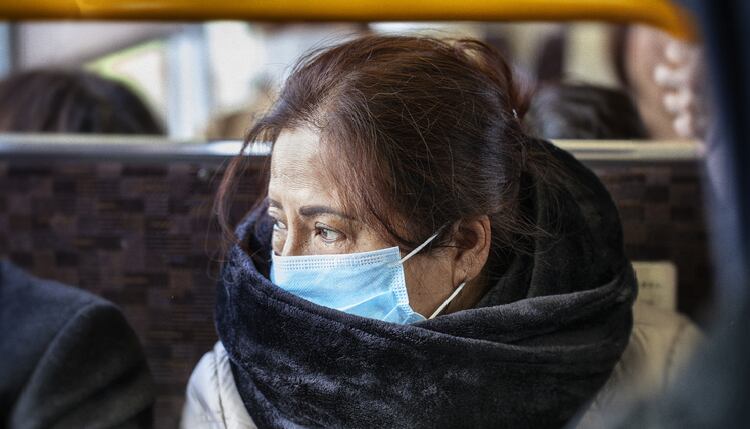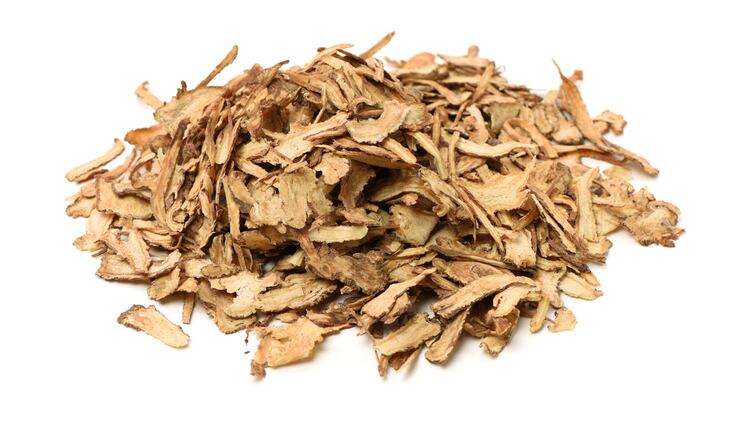The 2019-nCov Coronavirus, which originated from the Chinese city of Wuhan, has crippled the outbound tourism industry, with China’s Ministry of Culture and Tourism issuing a ban on its citizens from booking overseas tours and purchasing overseas flights and hotel packages.
The cut in the number of Chinese tourists has affected the business plans of some health and nutrition products retailers.
Speaking to NutraIngredients-Asia, Australian daigou specialist REACH China, which sells a range of dietary supplements, foods, and personal care products, said it would need to defer its opening of its retail stores.
Plans to roll out new retail stores in both Australia and China would be delayed for at least three months, founder and CEO of Reach China, Dr Mathew McDougall said.
It initially planned to roll out more Touch, Learn & Order (TLO) stores in Australia aimed at attracting the Chinese tourists.
The company’s plan to open its first TLO store in Changsha, located in the Hunan province, before Chinese New Year this year would also be postponed.
Asked if the company will focus on tourists from other countries instead, he said: ‘it is still early in the situation, China is still a major focus, the virus is travelling around the world as quickly as it is, and places like Thailand and Vietnam are also affected…We are adopting a watch-and-wait approach.’
Another company, AuMake International, said in an ASX announcement on Jan 28 that it was confident of its ability to meet all financial commitments for the foreseeable future in the event of a significant disruption caused by the sudden outbreak.
This was made possible due to its ‘strong cash position’ and ‘diversified customer base’, which includes online and local customers, the company explained.
It added that the management team of one of its retail brands – Broadway – was highly experienced in managing significant disruptions in the travel industry, since it had prior experience dealing with the SARS epidemic back in 2003.
‘Management is receiving up-to-date, accurate information as it comes to hand via relationships developed over the last 20 years with over 50 travel agents in China, placing the company in a position to manage the situation adequately.’
Tourism was a key factor which brought the company to a growth spurt in the last quarter, where gross profit jumped 440% as compared to the same period in 2018.
Surge in sales for hygiene products
Overseas Chinese have been sending hygiene products back to China as there has been a shortage of these items back home.
McDougall said that out of all the items that the company sold, so far, there was a spike in the number of face masks, hand sanitizers, and hand wash sold via the cross-border e-commerce (CBEC) route to China.
These products are mainly delivered to major cities which are not placed under lockdown, including Shanghai, Beijing, Guangzhou, and Liaoning.
He foresees that there would be a rise in demand for overseas meat products in China, as Chinese consumers’ level of confidence in its local meat products might drop since the current epidemic is linked to an animal originated virus strain.





